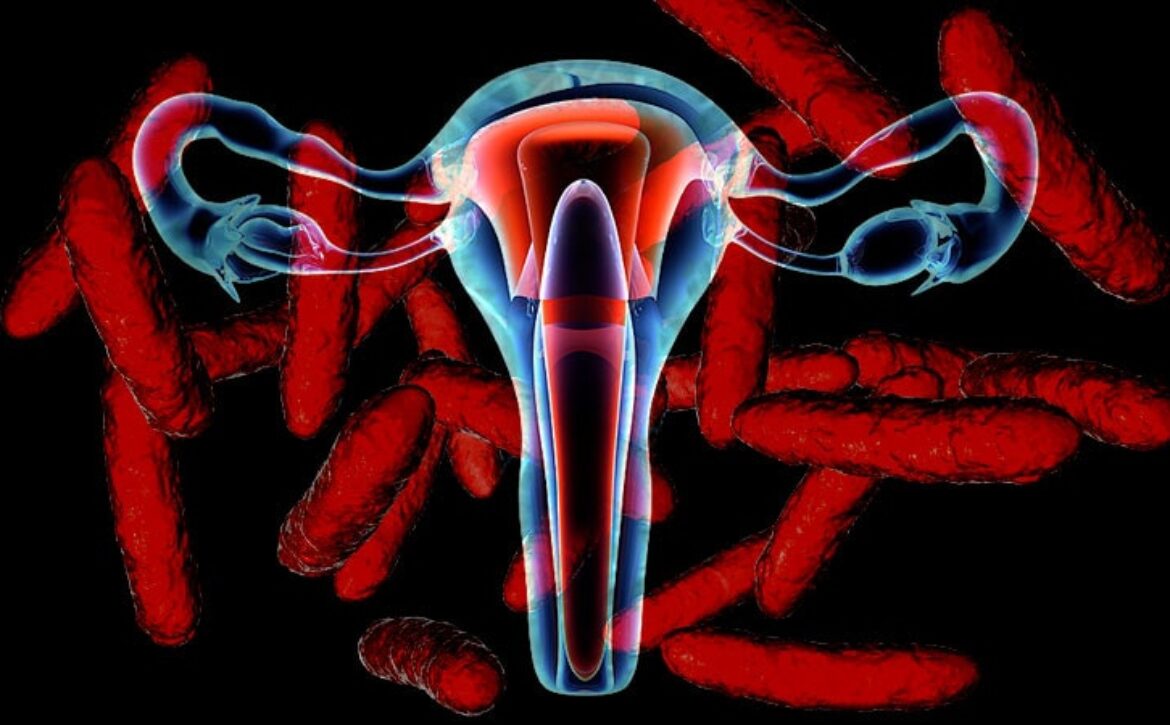Uterine microbiota and complementary therapies in improving fertility
Introduction
The uterine microbiota is a collection of bacteria and microorganisms found in the uterus that play an important role in fertility and embryo implantation success. Recent research suggests that the balance of this microbiota can increase the chances of fertility, while its disruption is associated with infertility and IVF failure.
The role of the uterine microbiota in fertility
1. Healthy bacterial composition
-
The predominance of lactobacilli with an acidic environment prevents the growth of pathogenic bacteria.
-
Facilitate embryo implantation and reduce endometrial inflammation.
2. Dysbiosis (microbial imbalance)
-
An overgrowth of pathogenic bacteria can induce inflammation and decrease endometrial receptivity.
-
It is associated with implantation failure and infertility.
3. Factors Influencing the Microbial Composition
-
Age and Hormonal Changes
-
Pharmacological Treatments and Antibiotics
-
Lifestyle and Nutrition
Complementary and Alternative Therapies
1. Probiotics
-
The use of probiotics (particularly Lactobacillus) to improve uterine microbial balance.
-
It may increase the success rate of IVF.
2. Nutrition and Lifestyle
-
A diet rich in fiber and nutrients: enhancing the immune system and microbial balance.
-
Reducing the intake of sugar and unhealthy fats.
-
Regular exercise to improve blood circulation and reduce stress.
3. Complementary and Alternative Medicine
-
Acupuncture: Reducing stress and inflammation, and increasing uterine blood flow..
-
Yoga and Meditation: Reducing chronic stress and improving hormonal balance..
-
Natural Anti-Inflammatory Approaches: Such as consuming turmeric and omega-3.
Combining Complementary Therapies with Medical Approaches
-
The use of probiotics alongside hormonal medications or after IVF.
-
The positive impact of lifestyle interventions on oocyte and endometrial quality.
-
Reducing the need for invasive medications by improving overall physical condition and uterine microbiota.
Conclusion
Identifying and modulating the uterine microbiota, along with the use of complementary and alternative therapies, can enhance fertility and embryo implantation success. These approaches are most effective when combined with conventional medical treatments.
Suggested References
-
PMC: The role of endometrial microbiota in fertility and reproductive outcomes (2025)
-
Journal of Assisted Reproduction and Genetics



